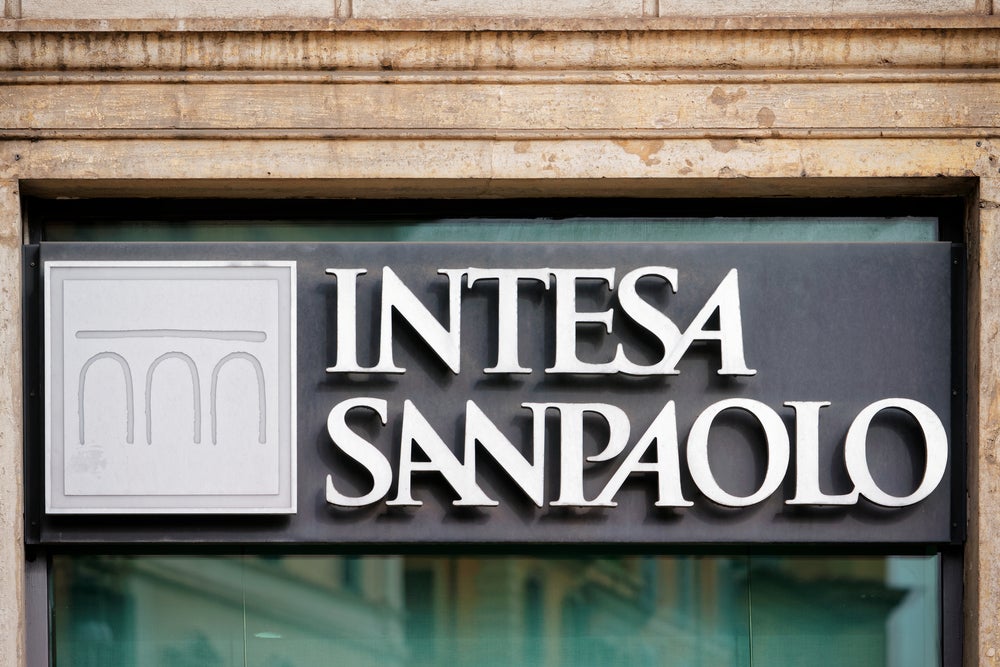ease its strict bank secrecy laws, a major driver behind the
city-state’s rapid expansion as the leading Asia-Pacific offshore
banking centre for high net worth investors.
This follows a persistent campaign by the European Commission to
persuade Singapore to co-operate in policing international private
investment flows. Brussels fears that Singapore is becoming a haven
for money fleeing the EU following the 2005 adoption of its savings
directive, which requires member states to subject offshore savings
held by EU nationals to withholding taxes.
It has asked Singapore to introduce financial transparency measures
that would help identify suspected tax evaders and terrorist money
movements, although the Asian centre has up to now resisted making
any concessions, worried that it could undermine its flourishing
private banking business.
Latest indications are that Singapore, acceding to EU pressure and
wanting to maintain its trade agreement with Europe, may
selectively ease its bank secrecy laws. No official statement on
its position has so far been issued.
Members of Singapore’s Parliament have just held talks with their
counterparts from the EU and signalled that they will look into
possible changes to banking secrecy rules, according to media
reports in Asia.
Glyn Ford, a member of the European Parliament visiting Singapore
as part of an EU delegation, said that Singaporean legislators are
planning changes to deal with these issues. The Singaporeans
“realise it’s a problem and they want to join the fight against
terrorism”, Ford said.
How well do you really know your competitors?
Access the most comprehensive Company Profiles on the market, powered by GlobalData. Save hours of research. Gain competitive edge.

Thank you!
Your download email will arrive shortly
Not ready to buy yet? Download a free sample
We are confident about the unique quality of our Company Profiles. However, we want you to make the most beneficial decision for your business, so we offer a free sample that you can download by submitting the below form
By GlobalDataThe EU Commission has been negotiating a trade agreement with
Singapore since 2005 but banking secrecy is a “stumbling block”,
Ford noted. The Singapore legislators’ view is they are open to
negotiations but local laws must still allow investors to feel
“safe and secure”, he added.
The Europeans hope Singapore will be take action within the next
few months. Among the measures that are being sought is greater
exchange of information between Singapore and EU countries on
suspicious movements of money between the two.
This is the second challenge to Singapore’s global private banking
role, after it signed a long-sought extradition treaty with
Indonesia in April. Much of the private wealth deposited in the
city-state comes from Indonesia, which has long complained that
corrupt officials have moved their funds to Singapore after looting
state resources following the Asian financial crisis of the late
1990s.
Indonesian clients
A Merrill Lynch/Capgemini report has estimated that one-third of
the estimated 55,000 high net worth individuals resident in
Singapore, holding assets of $260 billion at the end of 2005, were
of Indonesian origin.
Indonesia hopes that the pact will help it to recover billions of
dollars of government funds. Foreign bankers in Singapore say that
it appears that inquiries into the source of Indonesian citizens’
wealth held in Singapore will go back a number of years – not just
to last April when the extradition treaty was signed.
If correct, that could threaten the Singaporean private banking
business of a number of major Western banks that have made the
city-state the centre of their Asian wealth management push. One
major Swiss bank in Singapore is understood to have eight
Indonesian desks and as many as 100 private bankers servicing
Indonesia clients alone.







